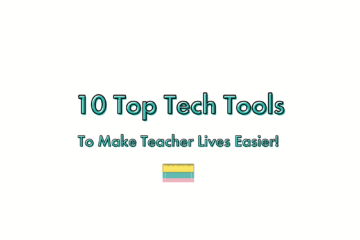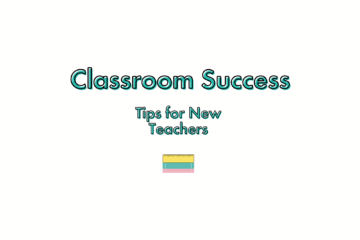🧠 Self-Monitoring: The Key to Learning from Mistakes and Making Smarter Moves
Self-monitoring is the ability to observe and evaluate your own behavior, performance, and emotional responses in real time 🔍. It helps you recognize what’s working, what’s not, and what needs to change as you move through tasks, conversations, and challenges.
Strong self-monitoring allows individuals to check their progress ✅, regulate emotions 😤➡️😌, and make adjustments to stay on track 🎯—all without needing constant outside feedback.
💡 Why Self-Monitoring Matters
Imagine this: a student is working on a writing assignment 📝. They begin with focus, but over time they drift off task, growing overwhelmed. Without self-awareness, they might not even realize they’ve veered off course until the deadline hits.
But when we model and teach self-monitoring, we empower learners to pause, reflect, and pivot—all in the moment. That’s how growth happens 🌱.
Strong self-monitoring skills help individuals:
✅ Track progress toward goals
📉 Catch mistakes early and fix them
🎚️ Regulate energy, attention, and emotions
🎤 Improve communication and social awareness
And like all executive function skills, self-monitoring can be strengthened with intentional strategies 🧠💪.
🛠️ Strategies to Build Self-Monitoring
1. 🪞 Mirror Moments: Pause and Check In
Build the habit of stopping periodically to ask, How am I doing right now?
Try This:
- ⏰ Set a timer or use natural transitions (e.g., finishing a section of work) to trigger a self-check-in.
- 🗣️ Ask reflective questions: Am I focused? Am I meeting my goal?
- 🧭 Adjust as needed—redirect attention, clarify next steps, or ask for help.
These small “mirror moments” build the metacognitive muscles needed for self-correction and independence 💪.
2. 🎥 Mental Replay: Reflect to Grow
Just like athletes review game footage, learners can mentally replay experiences to evaluate and improve.
Try This:
- 🎬 After a task, walk through it step-by-step in your mind or out loud.
- 🧠 Highlight what went well and where you got stuck.
- 📌 Identify one thing to try differently next time.
This practice develops insight and helps turn mistakes into powerful learning opportunities 💡.
3. 🧭 Emotion Trackers: Tune into Internal Cues
Emotions often signal whether we’re on track or need to shift course. Learning to notice and name emotions builds regulation and reflection.
Try This:
🗣️ One-Word Emotion Check-In
Kick off your next meeting, class, or planning session by having each participant share one word that describes how they’re feeling. It builds emotional awareness and promotes a culture of empathy.
🧩 Match Tasks to Your Mood
Make a quick list of daily tasks and label them based on the type of energy or mindset they require (e.g., focused, creative, calm). When you’re checking in with your emotions, choose a task that fits your current state instead of pushing through misaligned ones.
⏸️ Schedule a Reset Moment
Set a daily reminder on your phone or calendar to take a 2-minute break—breathe deeply, stretch, or step outside. These micro-moments help regulate emotions and prevent burnout.
The better we get at noticing our internal cues, the more skillfully we can respond and stay engaged 💬.
🤝 Support Matters
Whether you’re an educator, coach, or caregiver, you play a key role in developing self-monitoring by modeling reflection, offering non-judgmental feedback 🫶, and creating space for learners to assess their own progress.
Over time, you’ll see students shift from relying on external prompts to becoming their own best guides 🔦.
🚀 Next Step: Empower Reflective Learners
Self-monitoring is a foundational skill that supports everything from academic success to emotional resilience.
Want to help learners take charge of their progress and performance?
👉 Explore our Executive Function Webinar—a research-based course packed with practical strategies for educators, counselors, and coaches.
✅ Build independence through self-awareness
✅ Help learners catch and correct mistakes on their own
✅ Foster reflective habits that last a lifetime
Ready to dive in?
➡️ Check out our FREE Hack Your Brain Webinar
✨ Let’s equip the next generation of thoughtful, self-aware learners—one strategy at a time.



